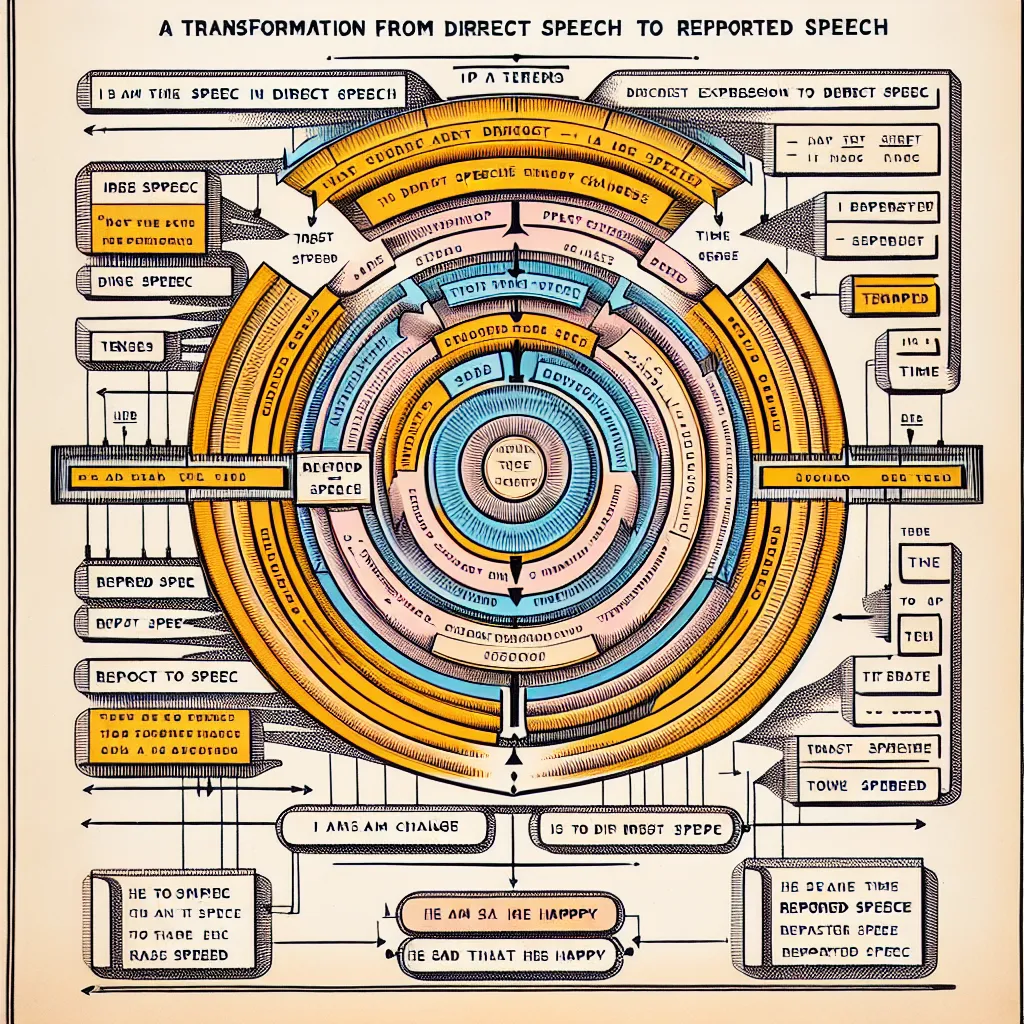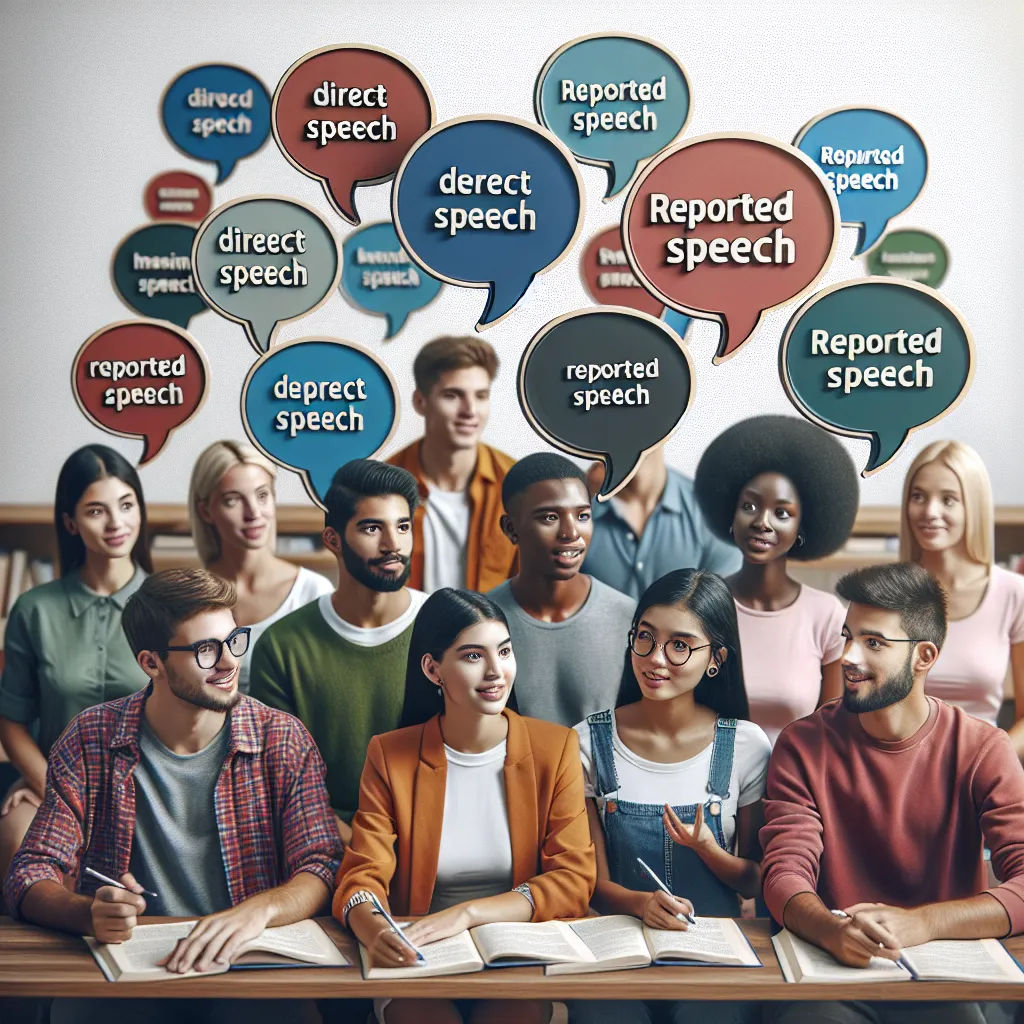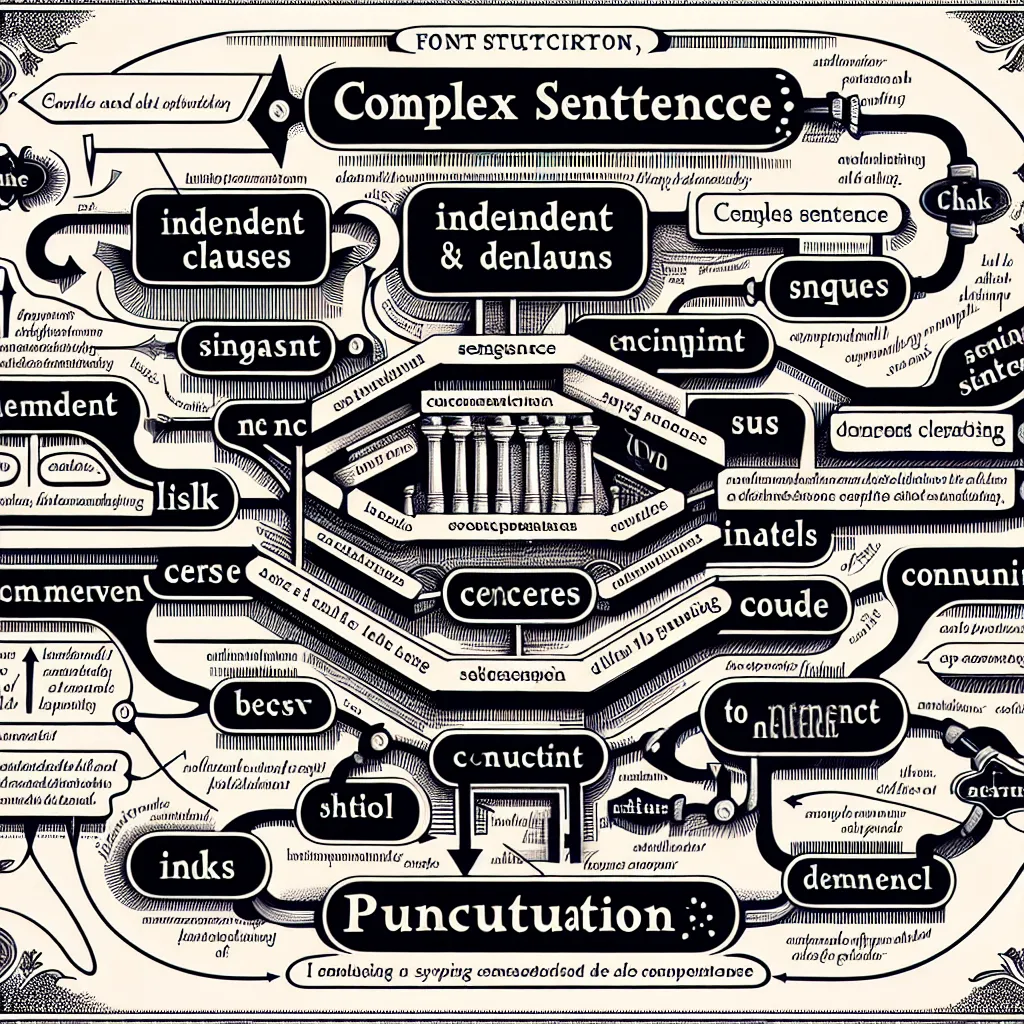Reported speech is a crucial aspect of English grammar that allows us to convey what others have said indirectly. Mastering this skill is essential for effective communication, especially in academic and professional settings. In this comprehensive guide, we’ll explore expert tips and strategies to help you improve your accuracy in reported speech.
Understanding Reported Speech
Reported speech, also known as indirect speech, is used to relay what someone else has said without using their exact words. It involves changing the tense, pronouns, and time expressions to reflect the current context. Improving your accuracy in reported speech is vital for clear and precise communication in various situations, such as academic writing, business reports, and everyday conversations.
 Reported Speech Diagram
Reported Speech Diagram
Why Accuracy Matters in Reported Speech
Accuracy in reported speech is crucial for several reasons:
- Preserving meaning: Accurate reporting ensures that the original message’s intent is maintained.
- Avoiding misunderstandings: Precise reporting prevents miscommunication and confusion.
- Demonstrating language proficiency: Proper use of reported speech showcases advanced language skills.
- Professional and academic success: Many fields require accurate reporting of information and conversations.
Key Strategies to Improve Accuracy in Reported Speech
1. Master Tense Changes
One of the most critical aspects of reported speech is understanding how tenses change. Here’s a quick guide:
- Present Simple → Past Simple
- Present Continuous → Past Continuous
- Present Perfect → Past Perfect
- Past Simple → Past Perfect
- Will → Would
- Can → Could
- Must → Had to
Example:
Direct: “I am studying for my exam.”
Reported: She said (that) she was studying for her exam.
Practice exercise: Try converting 10 direct speech sentences into reported speech, focusing on tense changes. This will help reinforce your understanding of tense shifts in reported speech.
2. Pay Attention to Pronoun Changes
Pronouns often need to be adjusted in reported speech to reflect the new context. For example:
- “I” → he/she
- “We” → they
- “You” → I/he/she/they (depending on context)
Example:
Direct: “We are going to the party.”
Reported: They said (that) they were going to the party.
To improve your accuracy with pronoun changes, try this exercise: Write a short dialogue between two people, then report their conversation from a third person’s perspective. Pay close attention to how the pronouns shift.
3. Adapt Time Expressions
Time expressions often need to be adjusted in reported speech to reflect the time of reporting. Common changes include:
- “Today” → that day
- “Yesterday” → the day before/the previous day
- “Tomorrow” → the next day/the following day
- “Next week” → the following week
- “Last year” → the previous year/the year before
Example:
Direct: “I’ll see you tomorrow.”
Reported: He said (that) he would see her the next day.
To practice time expression changes, try creating a timeline of events using direct speech, then convert it to reported speech. This will help you visualize how time references shift in reported speech.
4. Use Reporting Verbs Accurately
While “said” is the most common reporting verb, using a variety of verbs can add precision and nuance to your reported speech. Some alternatives include:
- Mentioned
- Explained
- Suggested
- Insisted
- Asked
- Wondered
Example:
Direct: “You should consider applying for that job.”
Reported: She suggested (that) I should consider applying for that job.
Exercise: Create a list of 20 different reporting verbs and use each one in a reported speech sentence. This will expand your vocabulary and help you choose the most appropriate verb for different contexts.
5. Practice with Real-life Scenarios
To truly improve your accuracy in reported speech, it’s essential to practice with real-life scenarios. Here are some ideas:
- Report news articles or interviews
- Summarize conversations you’ve had or overheard
- Practice reporting dialogues from movies or TV shows
By engaging with authentic materials, you’ll encounter a wide range of tenses, pronouns, and time expressions, helping you become more adept at accurately reporting speech in various contexts.
 Reported Speech Practice
Reported Speech Practice
6. Understand the Context
Accuracy in reported speech often depends on understanding the context of both the original statement and the reporting situation. Consider factors such as:
- The relationship between the speaker and the listener
- The time elapsed between the original statement and the reporting
- The cultural context and any idiomatic expressions used
Example:
Direct: “I can’t wait to see you guys next week!”
Reported (a month later): She had said (that) she couldn’t wait to see them the following week.
To practice contextual understanding, try this exercise: Write a short story that includes several instances of direct speech. Then, rewrite the story from different perspectives and at different points in time, adjusting the reported speech accordingly.
Common Pitfalls to Avoid
When working on improving your accuracy in reported speech, be aware of these common mistakes:
- Forgetting to change the tense when necessary
- Incorrectly shifting pronouns
- Failing to adjust time expressions
- Using the wrong reporting verb for the context
- Overusing “that” in reported statements (it’s often optional)
- Mishandling questions in reported speech
To address these issues, create a checklist for yourself when practicing reported speech. Go through each point to ensure you’ve made all necessary adjustments.
Advanced Techniques for Reported Speech
As you become more comfortable with basic reported speech, consider these advanced techniques to further improve your accuracy:
- Reporting modal verbs correctly (e.g., “can” → “could,” “may” → “might”)
- Using reported speech for hypothetical situations
- Incorporating free indirect speech in narrative writing
- Handling reported speech in different types of conditional sentences
For more in-depth practice on these advanced topics, you might find our article on how to improve grammar in negotiation dialogues helpful, as it covers complex language structures often used in professional settings.
Conclusion
Improving accuracy in reported speech requires consistent practice and attention to detail. By mastering tense changes, pronoun shifts, and time expression adjustments, you’ll be well on your way to becoming proficient in this essential aspect of English grammar. Remember to practice regularly with real-life scenarios and to be mindful of context when reporting speech.
To further enhance your overall grammar skills, consider exploring our guide on how to improve grammar through writing. This complementary approach can help reinforce your reported speech skills while improving your general writing abilities.
With dedication and the strategies outlined in this guide, you’ll soon find yourself confidently and accurately using reported speech in various situations. Keep practicing, and don’t hesitate to seek feedback from teachers or language exchange partners to refine your skills further.




